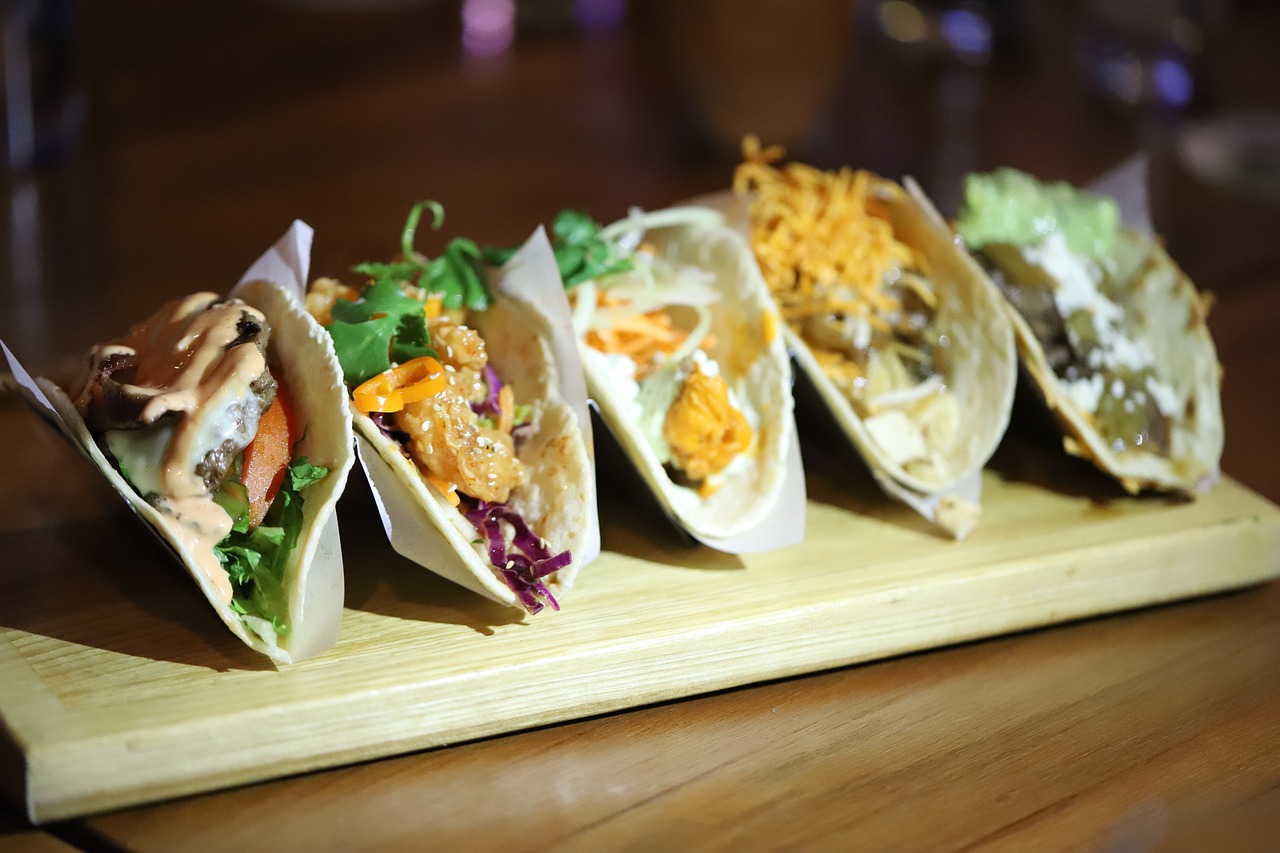Many, many years ago (shortly after dinosaurs roamed the earth), I enrolled in and completed a degree (or two) at the Georgia Institute of Technology (informally Georgia Tech or just Tech for those who think or feel that GT is the only engineering-focused school worth recognizing). I had left a Tree behind and instead was looked forward to embracing a Yellowjacket named Buzz -- GT's adorable mascot.
It didn't take long after I arrived on campus to become aware of how intense the rivalry was between (engineering focused) Georgia Tech and (liberal arts focused) University of Georgia (aka Georgia for those that think or feel that the land grant institution represents the entire state's higher education system). For starters, I had a roommate from Athens, Georgia (where the University of Georgia is located) and it appeared that I was disliked from the moment I moved my furniture in the door -- presumably due to my "lifestyle" but likely more to do with the fact that I had just moved from Silicon Valley and was immersing myself in more tech culture by pursuing a graduate degree in electrical and computer engineering. I was one of those urban, tech people -- which seemed to automatically place me in enemy ranks.
Not surprisingly, the roommate situation didn't last very long and after six months, I moved on to rooming with fellow software and electrical engineers and engineering students-- urban techies. My new housing situation allowed me a much needed escape from my previous situation where walking in the door seemed so often to be greeted by animosity. On campus though, there was no such insulation from the UGA-GT rivalry. Even in the bowels of the cleanroom, the rivalry simmered, gradually building during yet another frustrating football season (at the time, GT's football team specialized in roller coastering from brilliant to dismal and back again) to the annual late autumn rivalry game.
The prelude to the annual football rivalry game was more than just talk about football and chances of wining -- it was an opportunity to hear a wide range of sarcastic remarks and jokes about the relative inferiority of UGA compared to GT. Many of my fellow engineers and techies had a less than respectful view of liberal arts programs, often to the point that they didn't understand the point of liberal arts majors at all. Their attitudes toward liberal arts were compounded by the rural (UGA) vs. urban (GT) campuses that pitted those living near farms against those living next to skyscrapers (and horrendous Atlanta traffic which successfully dampened the charm of the city on a regular basis).
During the annual rivalry game itself, the animosity between the students from each college in the stands would reach its peak. It was intense enough that many of us made sure that we walked on the opposite side of the street to students from the opposing team and steered well clear of those who had a tad too much alcohol and were indulging in feeding the fray.
Oddly, it wasn't until many years after I graduated that I became aware that the bitter and intense rivalry between UGA and GT had been coined "Clean, Old Fashioned Hate" by author Bill Cromartie in the 1970's to the tune of 611 pages in a book exploring, describing, and embracing the rivalry. "Clean, Old Fashioned Hate" implied that two teams that hated each other could still be sportsmanlike as they competed on the football field. And that they could continue being nice to each other after the game no matter what the winners said, no matter what the losers felt, and no matter what the referees had done.
A little unrealistic, eh?
Having moved to Washington state a few years after graduating from Georgia Tech, I ran into similar animosity between urban (and wealthy) Western Washington and rural (and not as wealthy) Eastern Washington. The rivalry between the University of Washington and Washington State University never rose to anywhere near the level of what I had experienced in Georgia -- likely because it's impossible to "hate" a rivalry game called "The Apple Cup". I was content with a rivalry game where I could cheer, yell, and scream for my team without ever dipping a toe into anything remotely resembling hate.
How about Clean, Old Fashioned Fans? Clean, Old Fashioned Football? Clean Old Fashioned Branding that doesn't include Hate?
Can we please dispense with the word hate and come up with branding that allows the rivalry to stand while also hinting at bringing people together rather than pushing them further apart?
I know. That's just sooooo unrealistic and idealistic.


